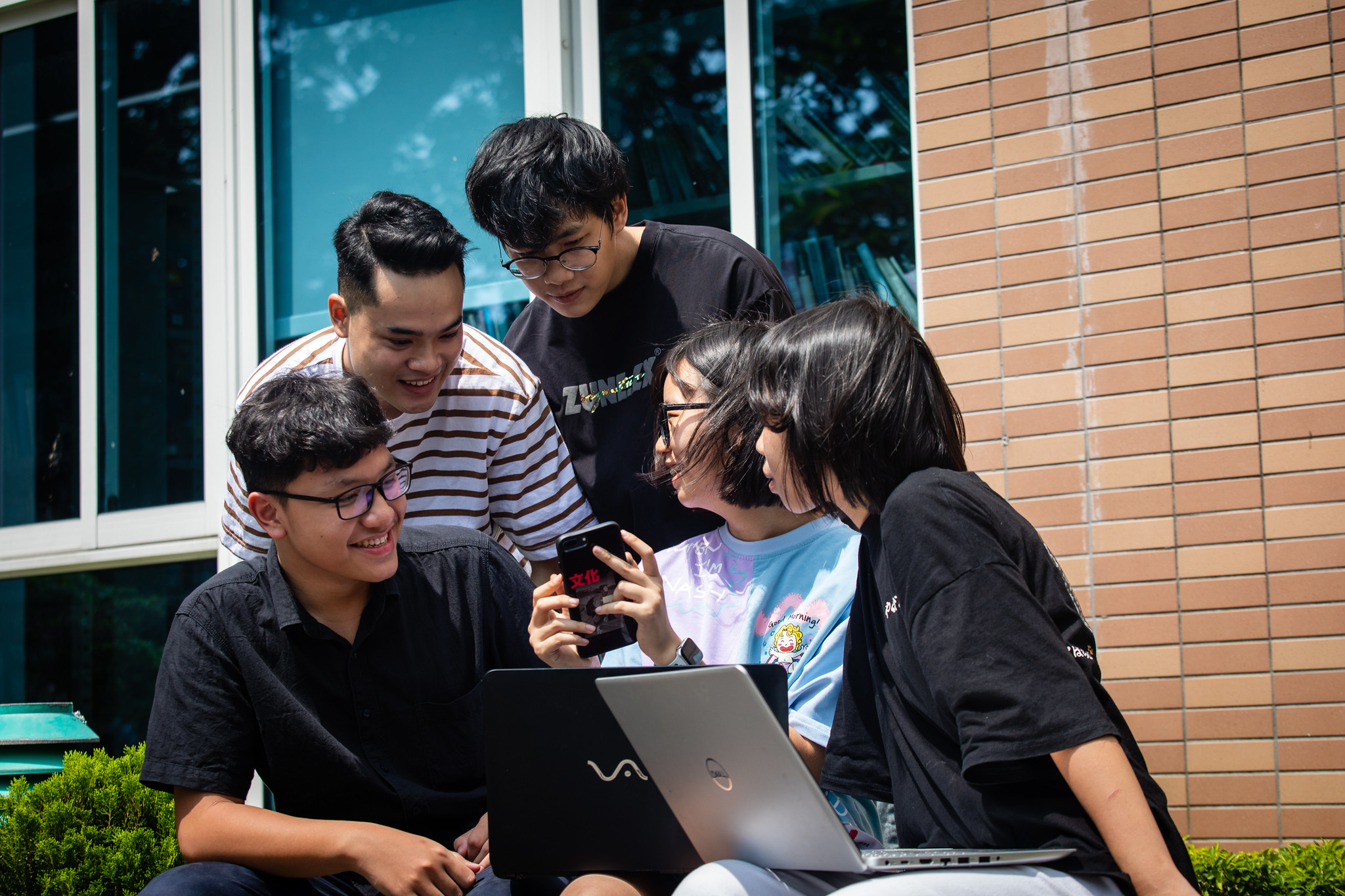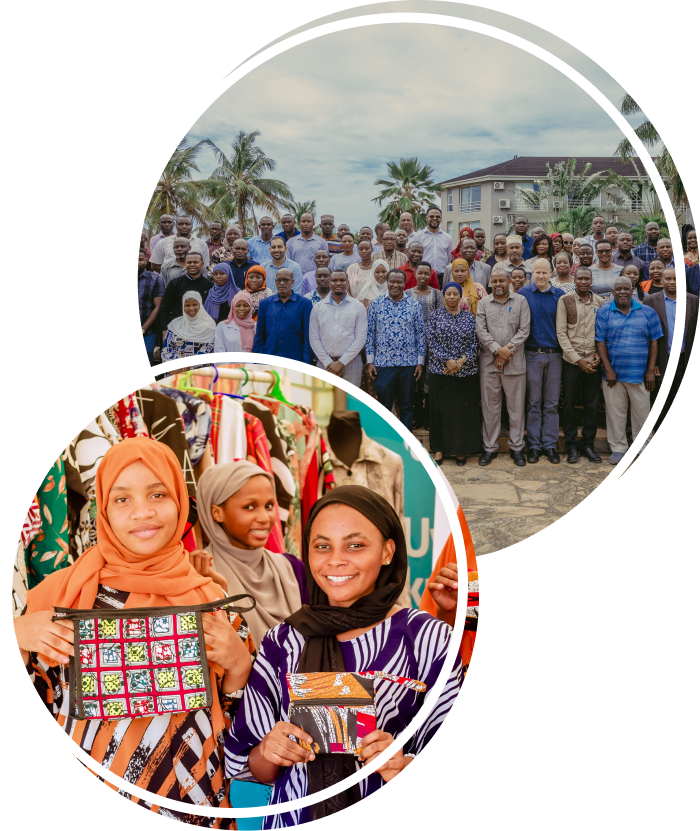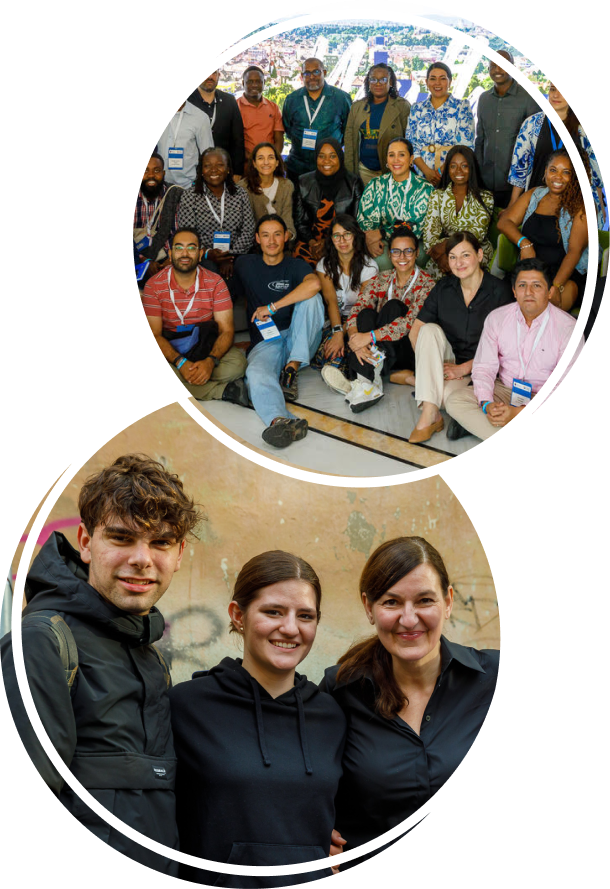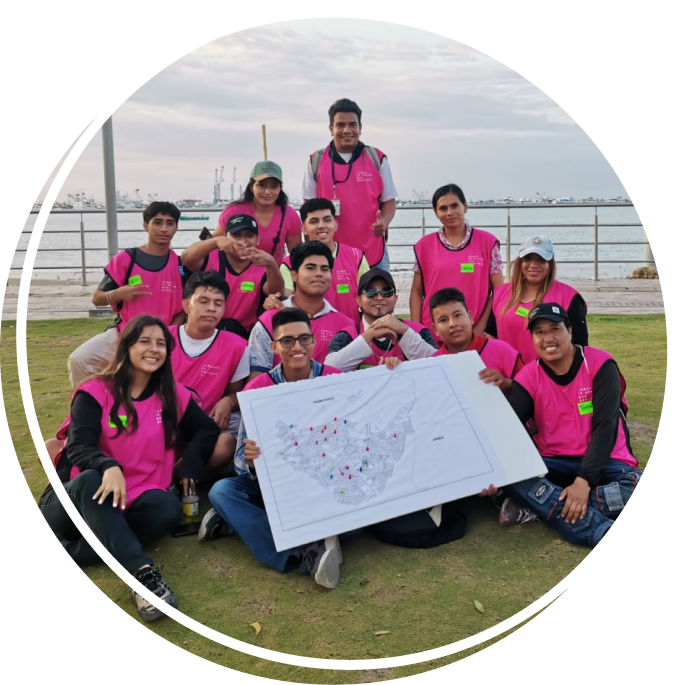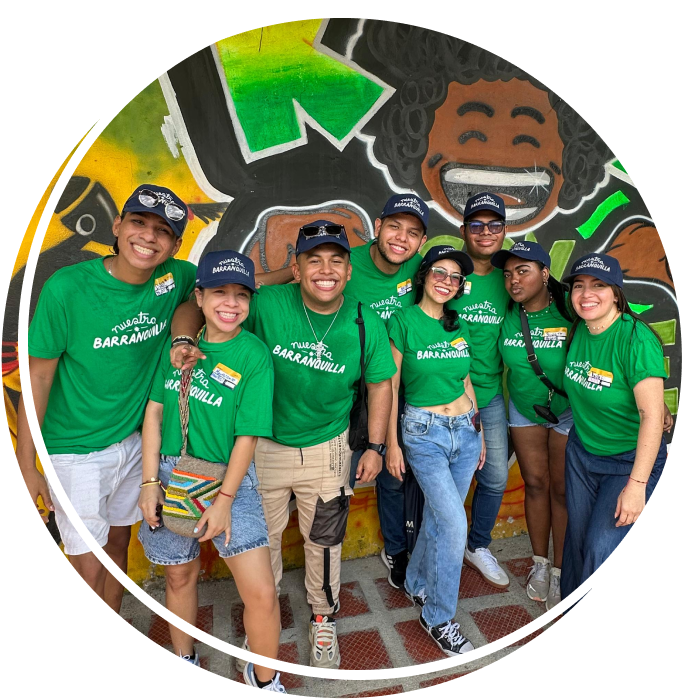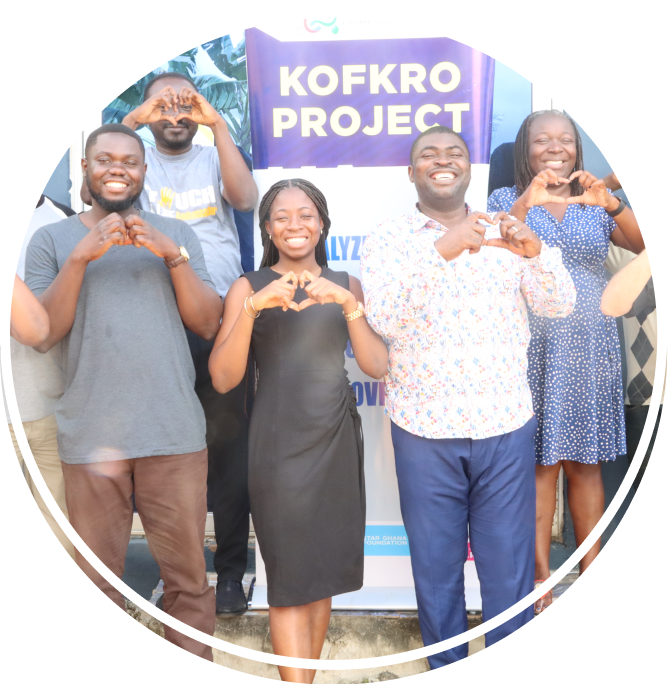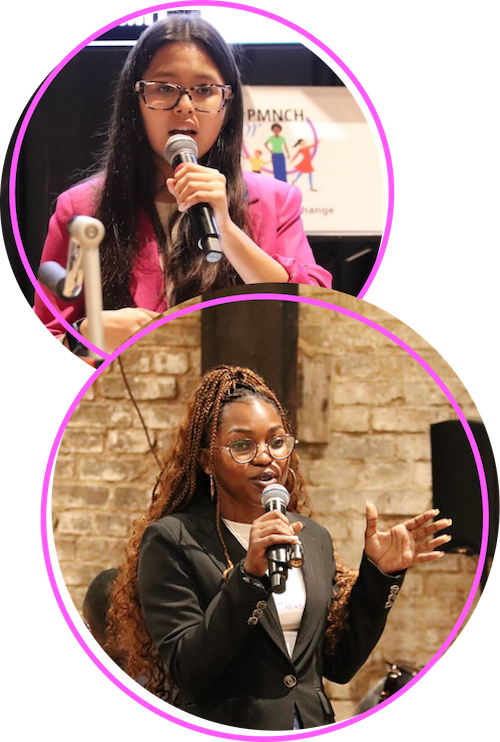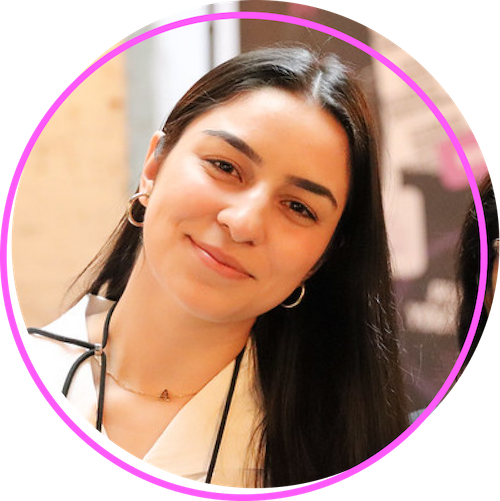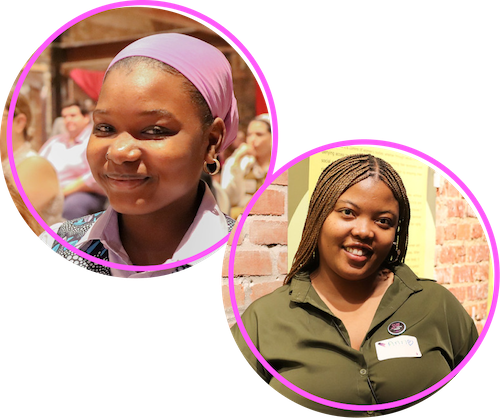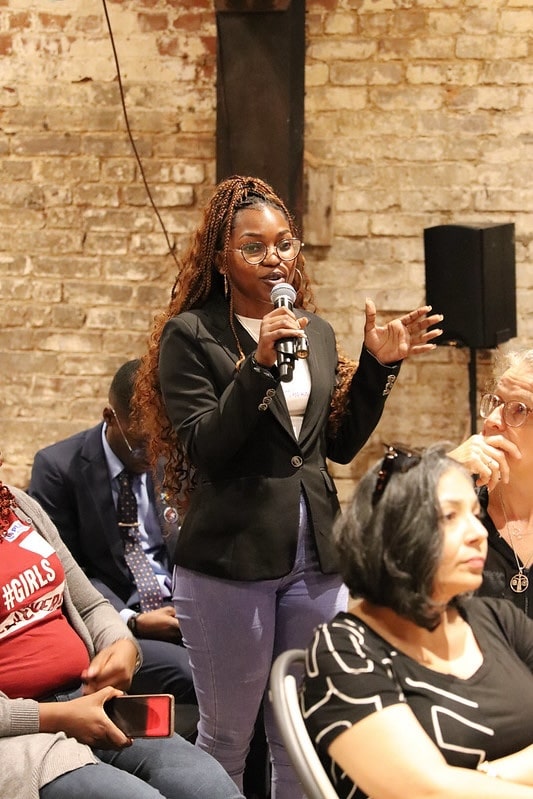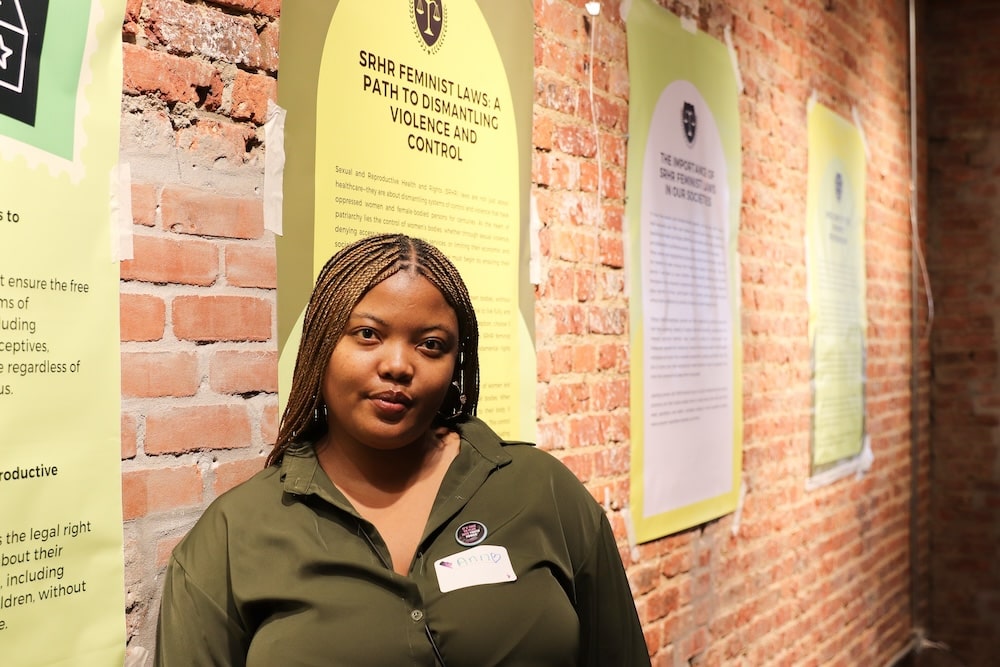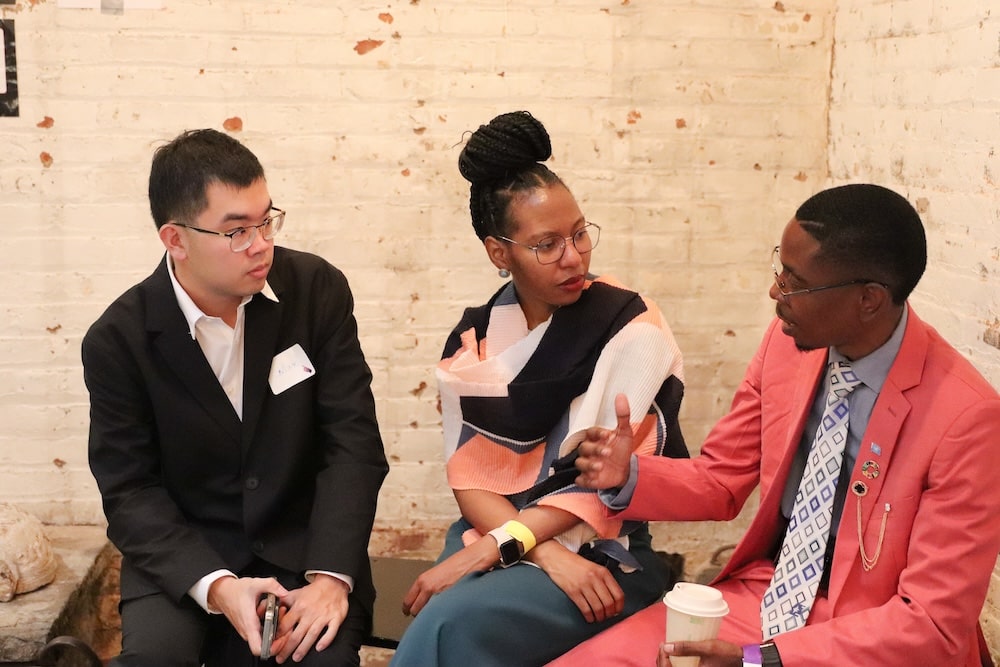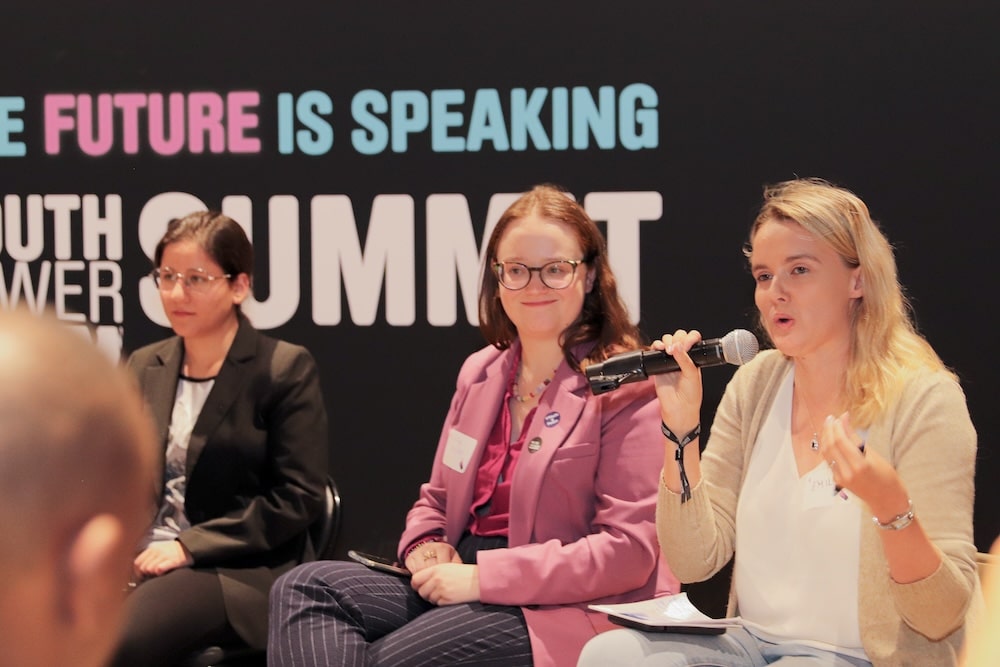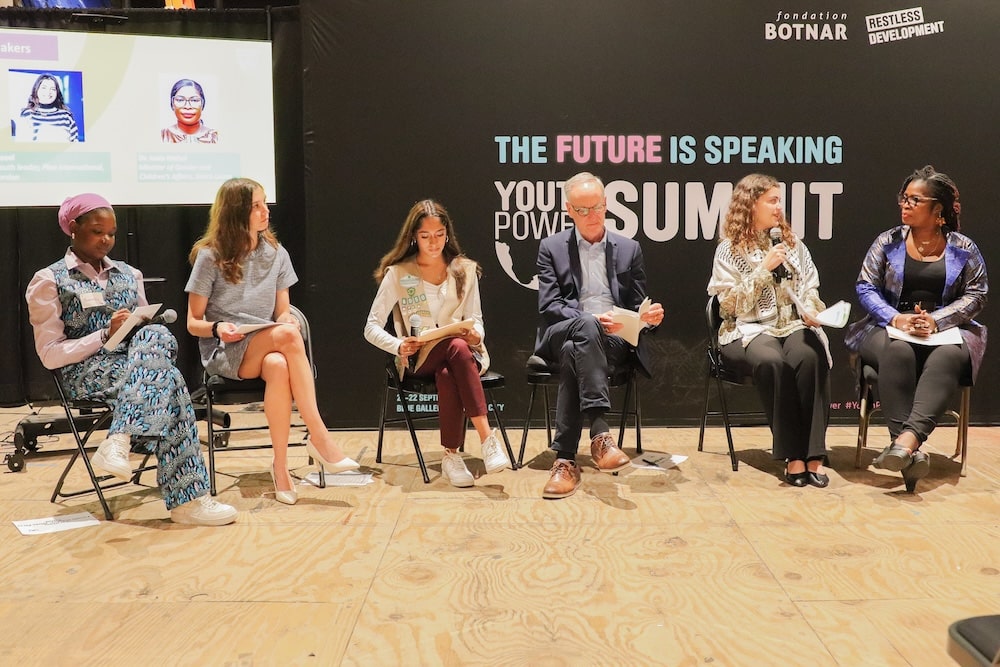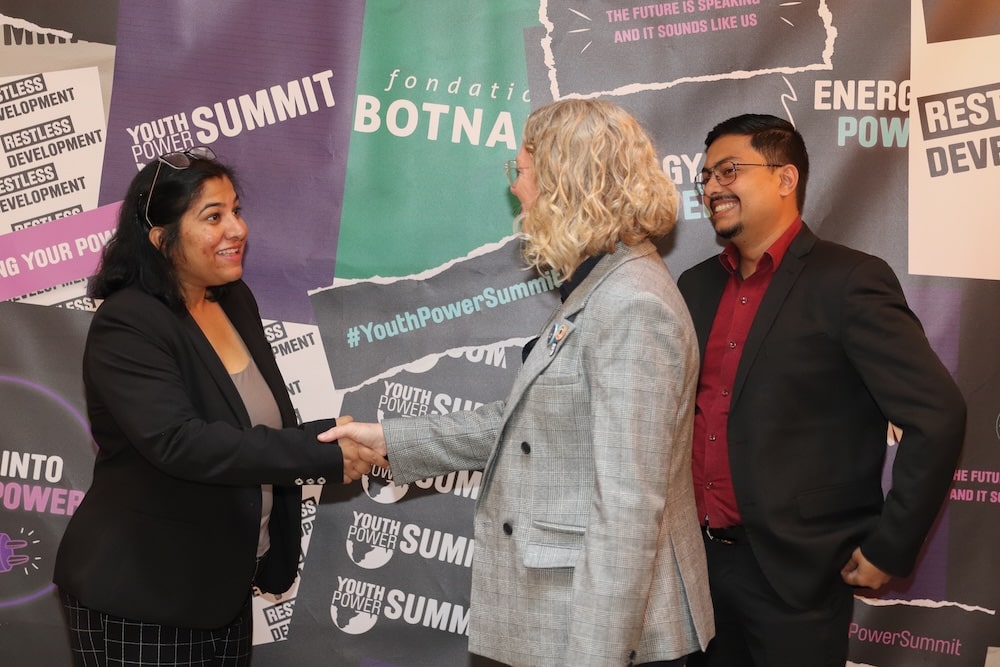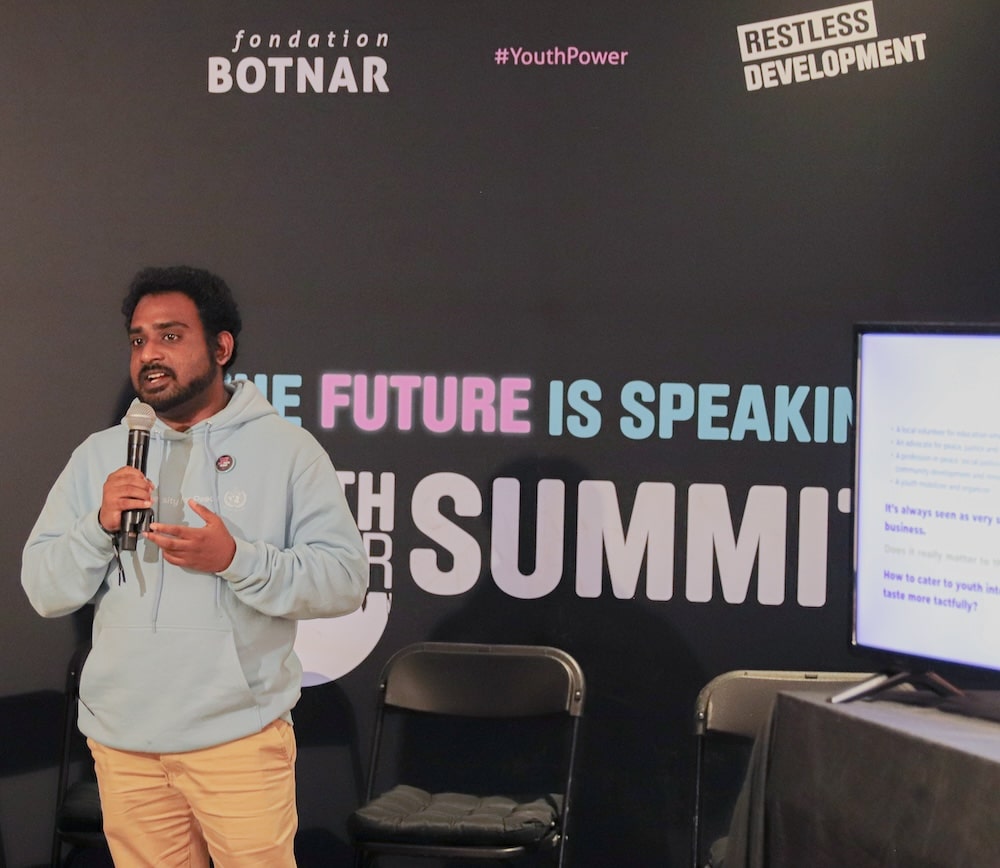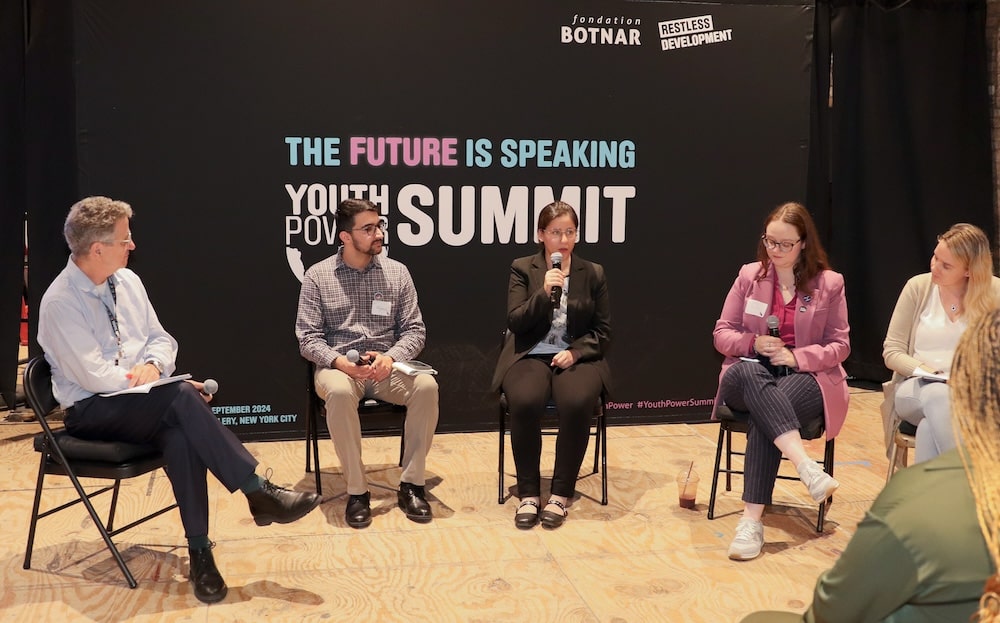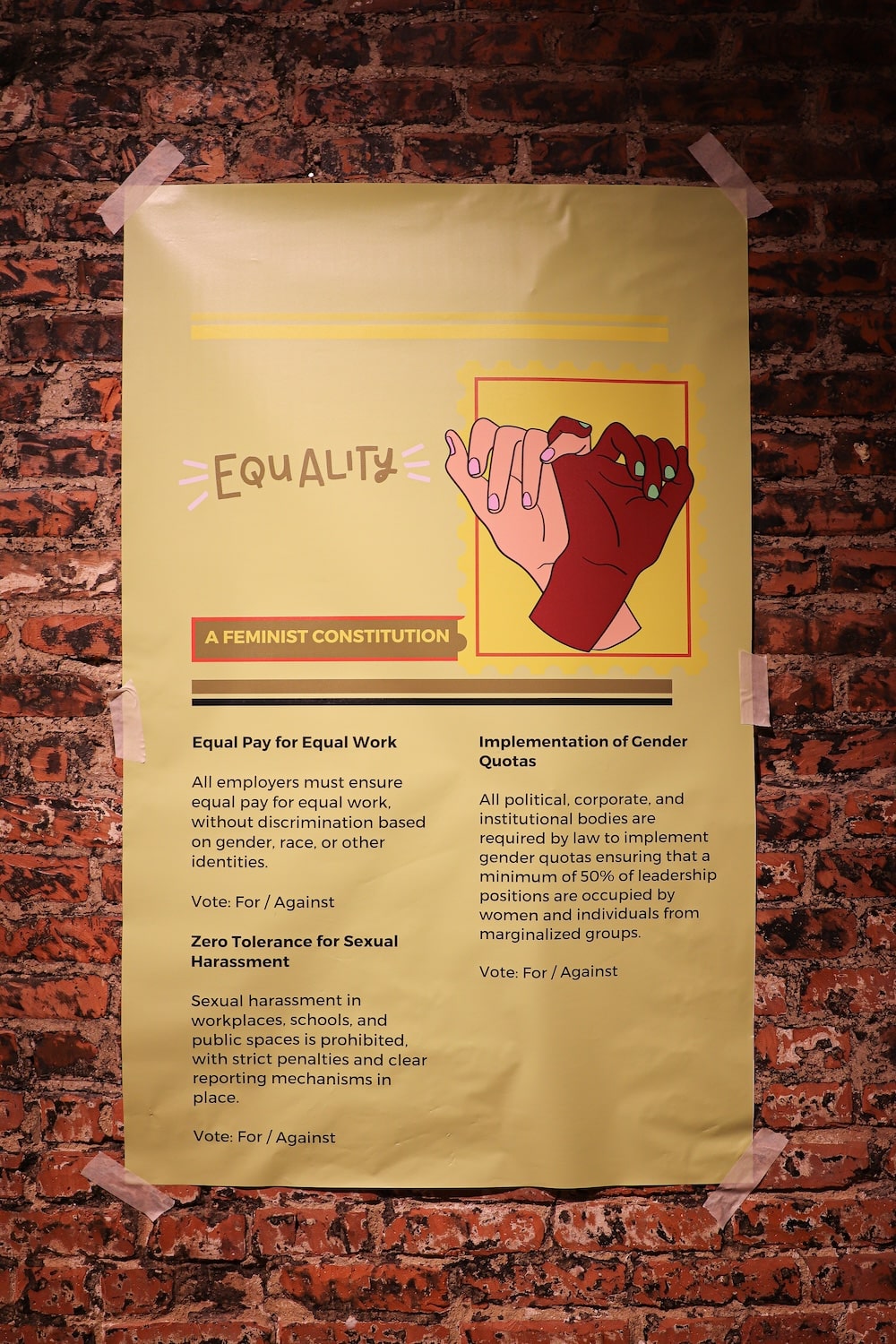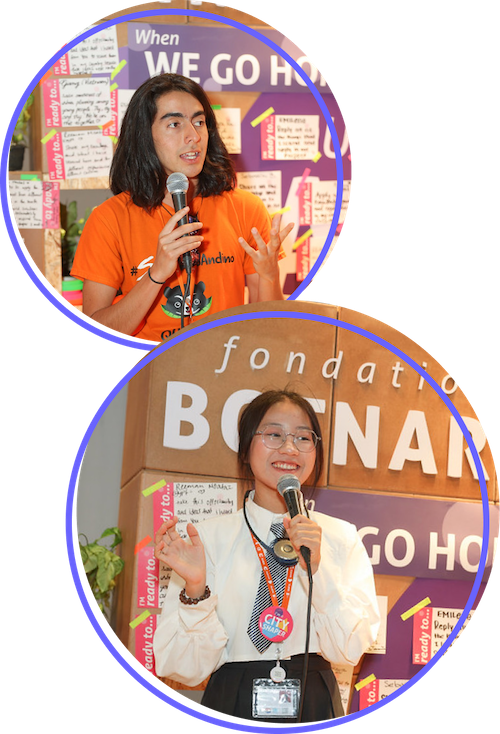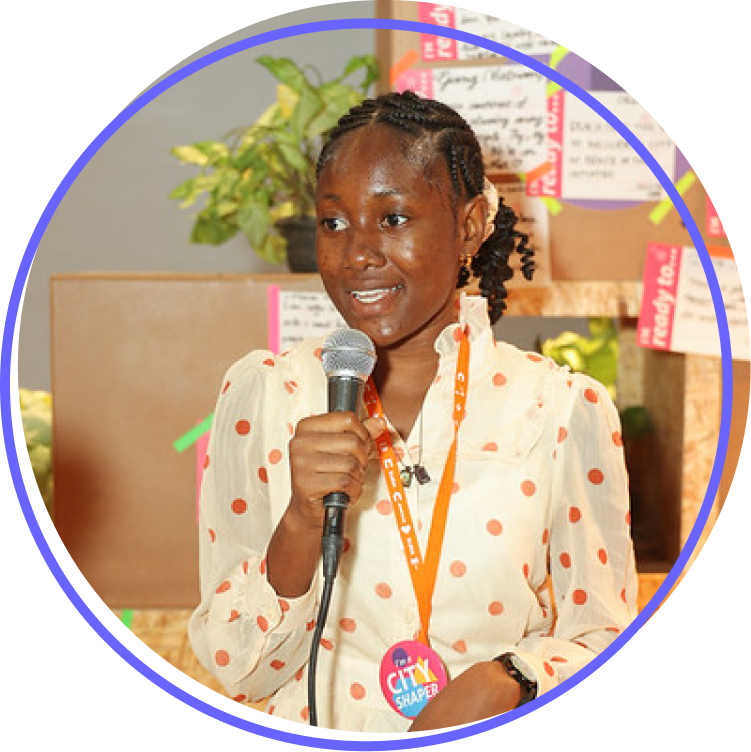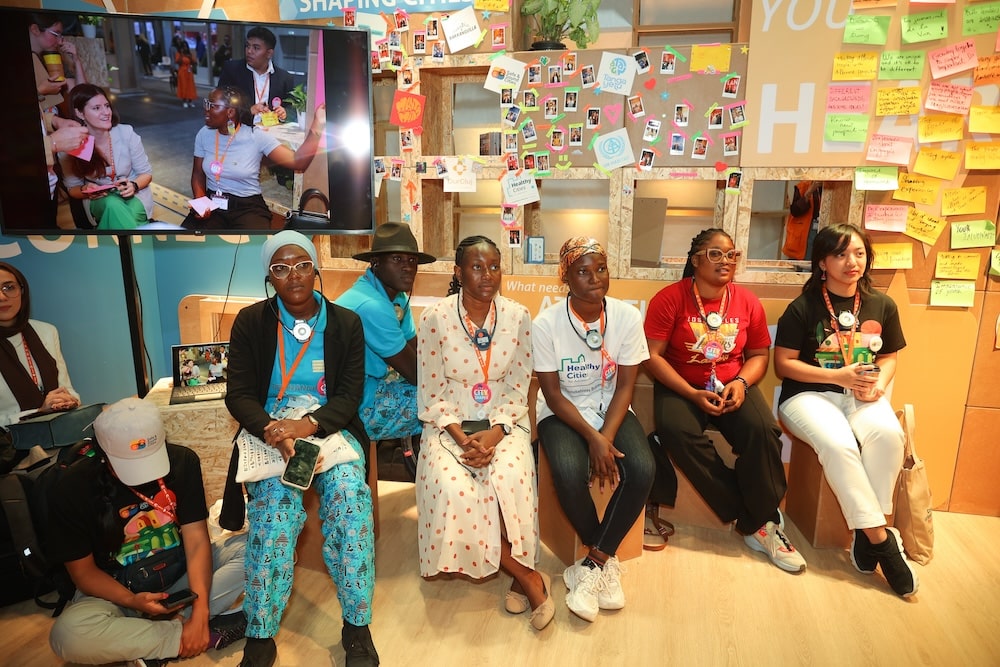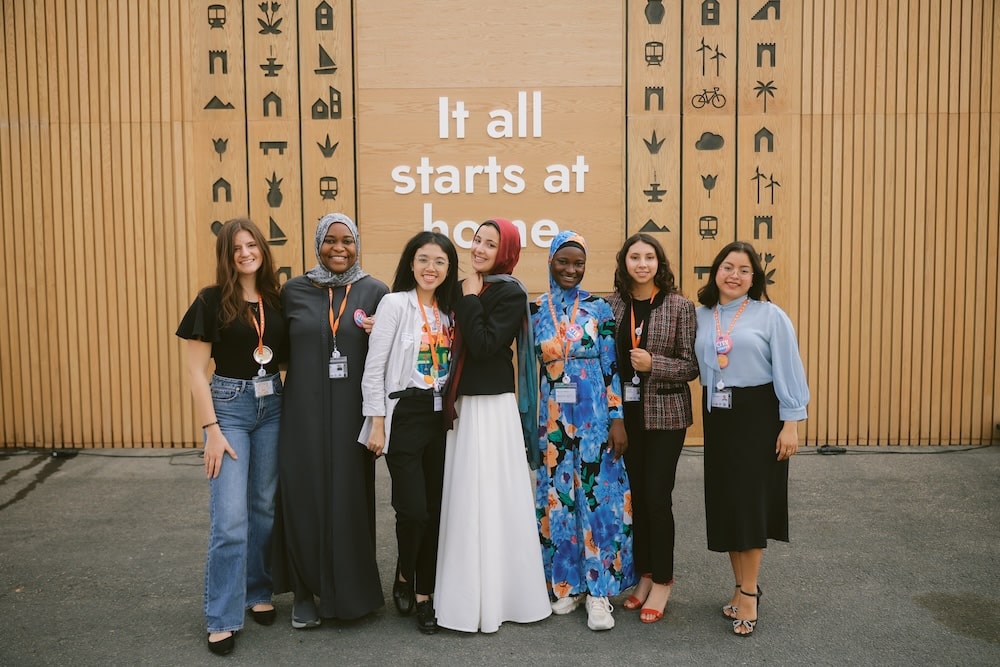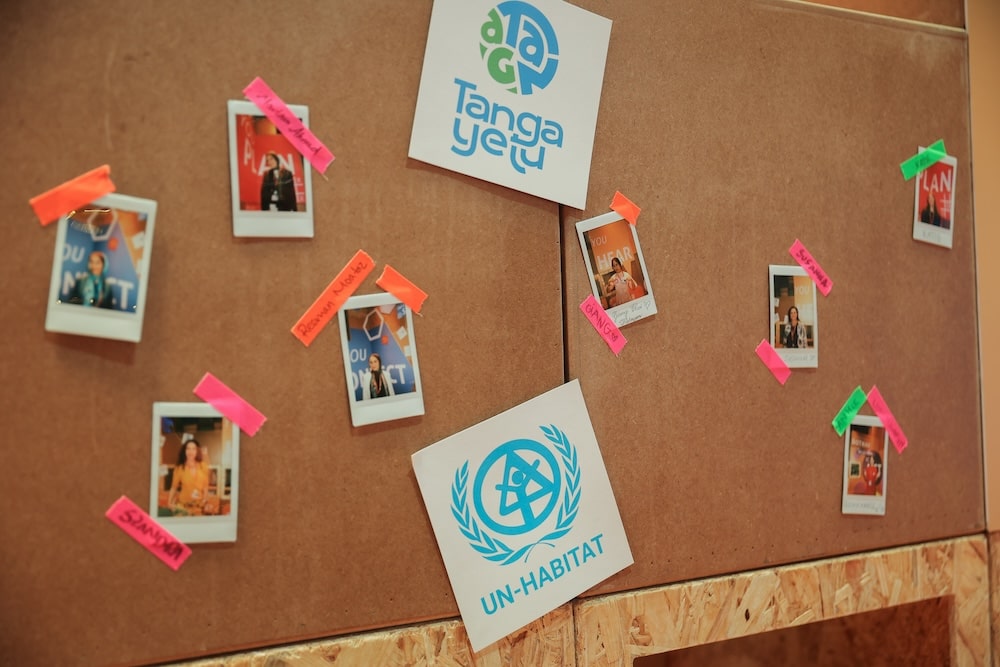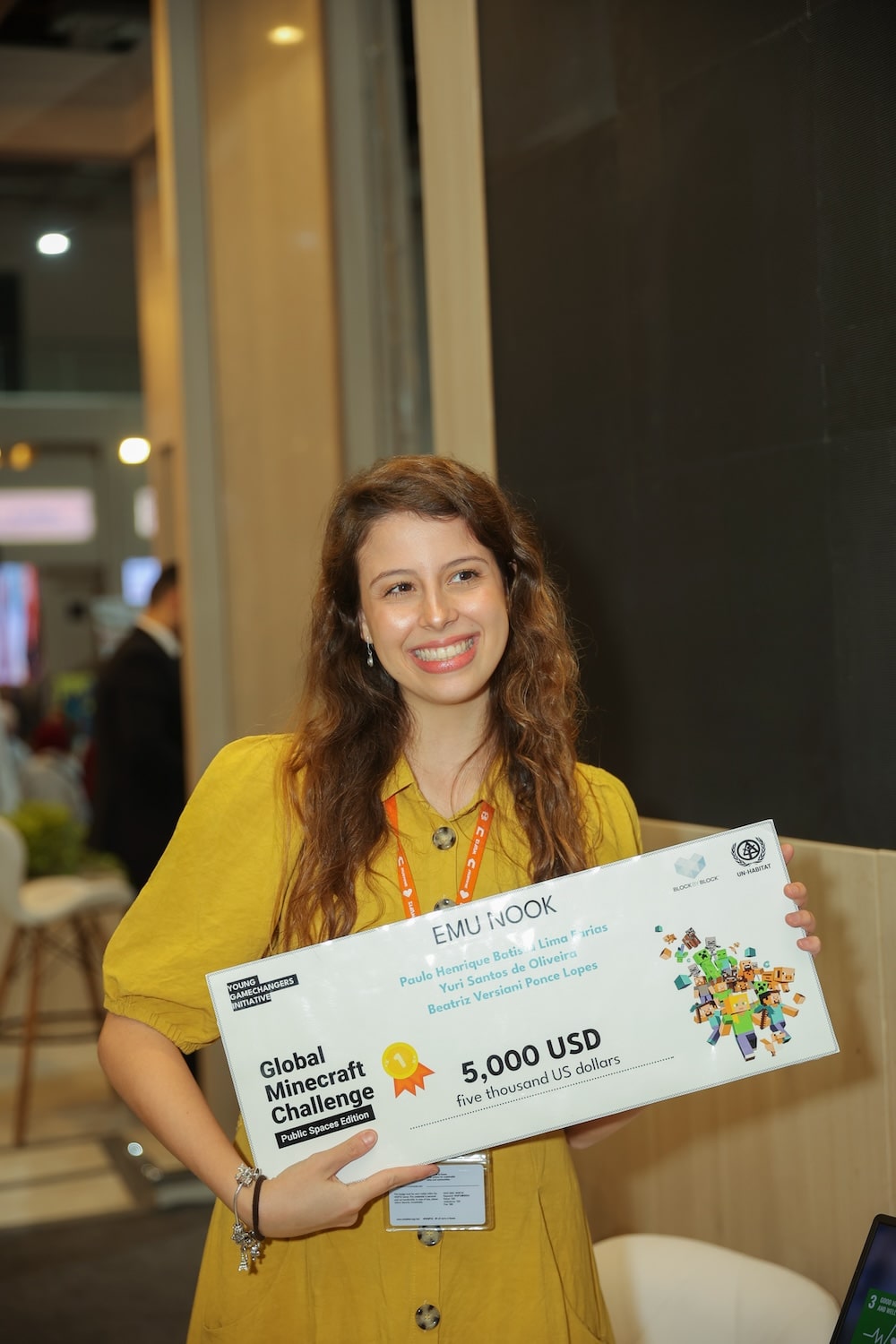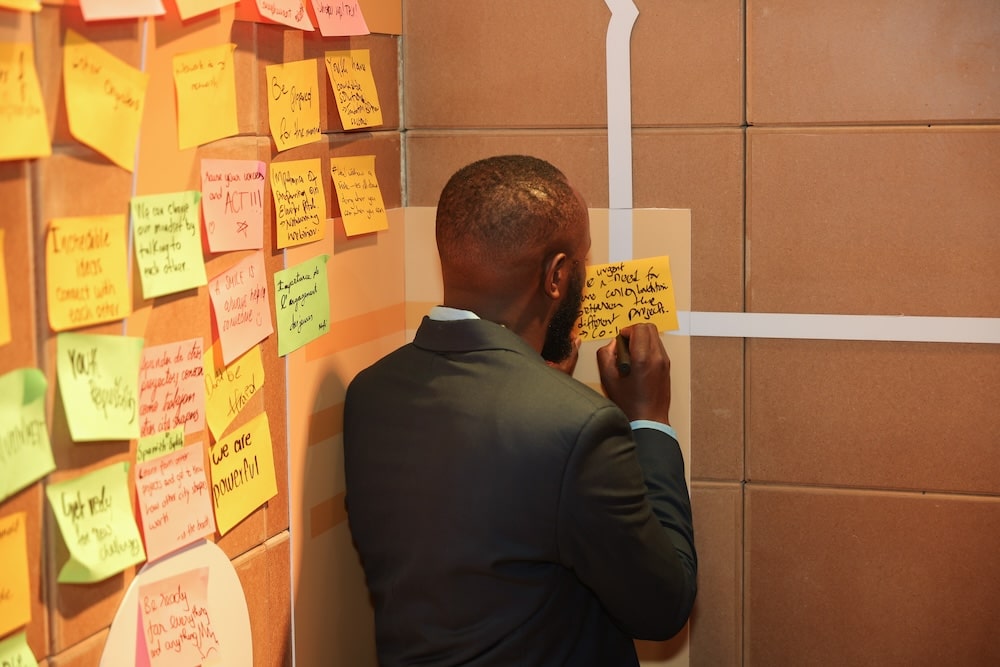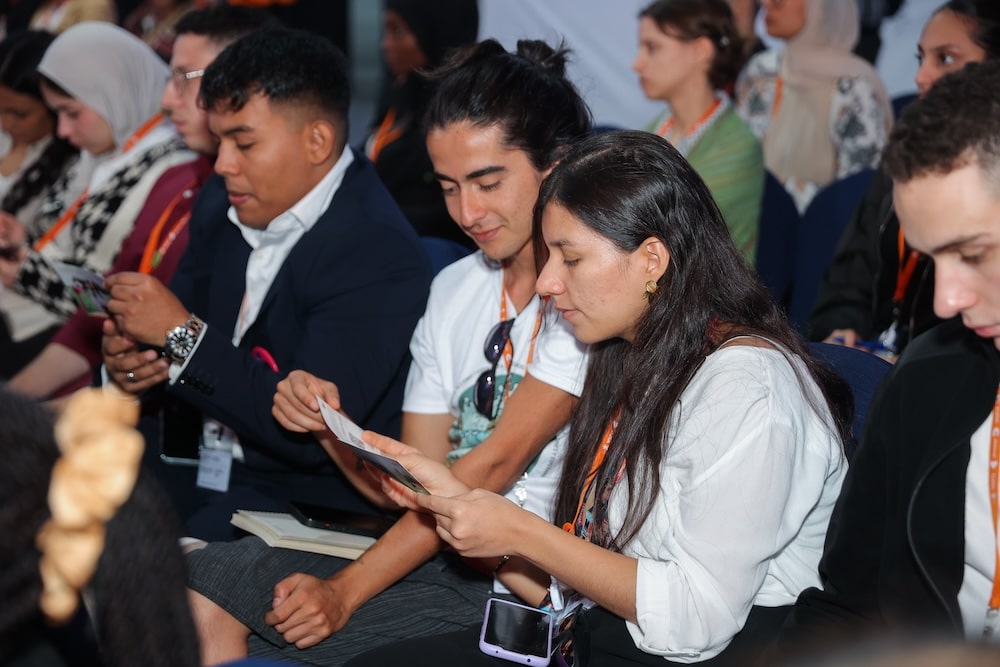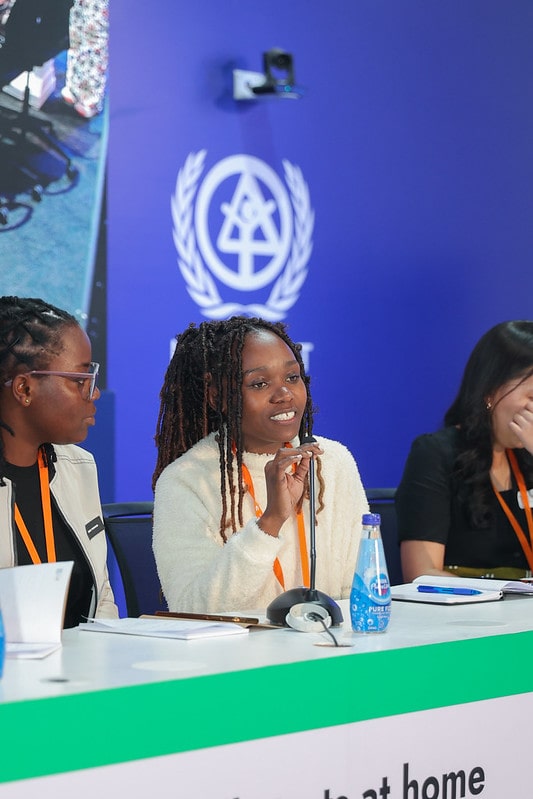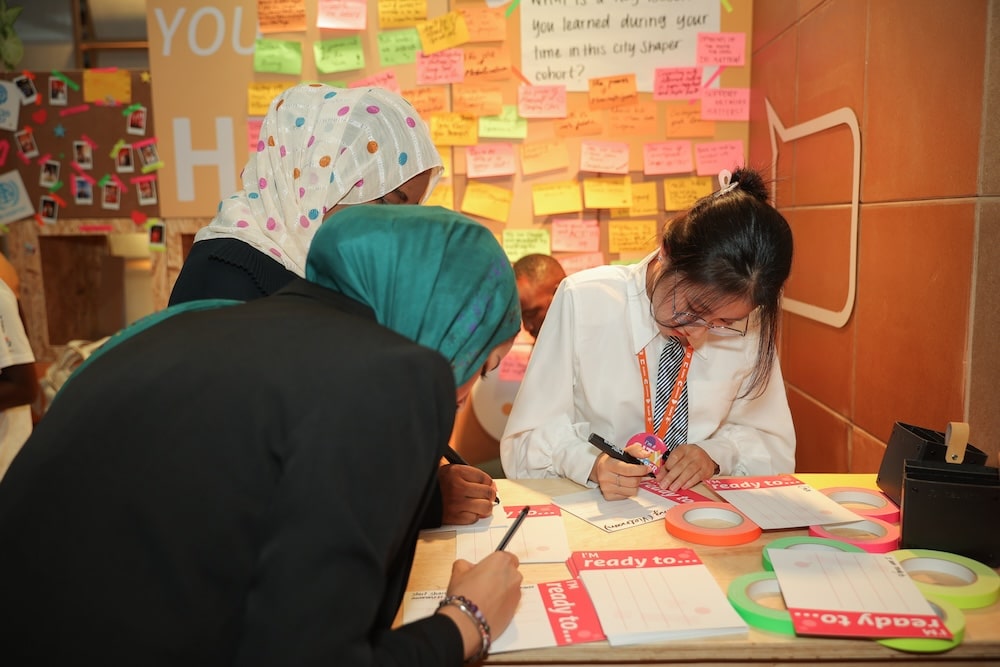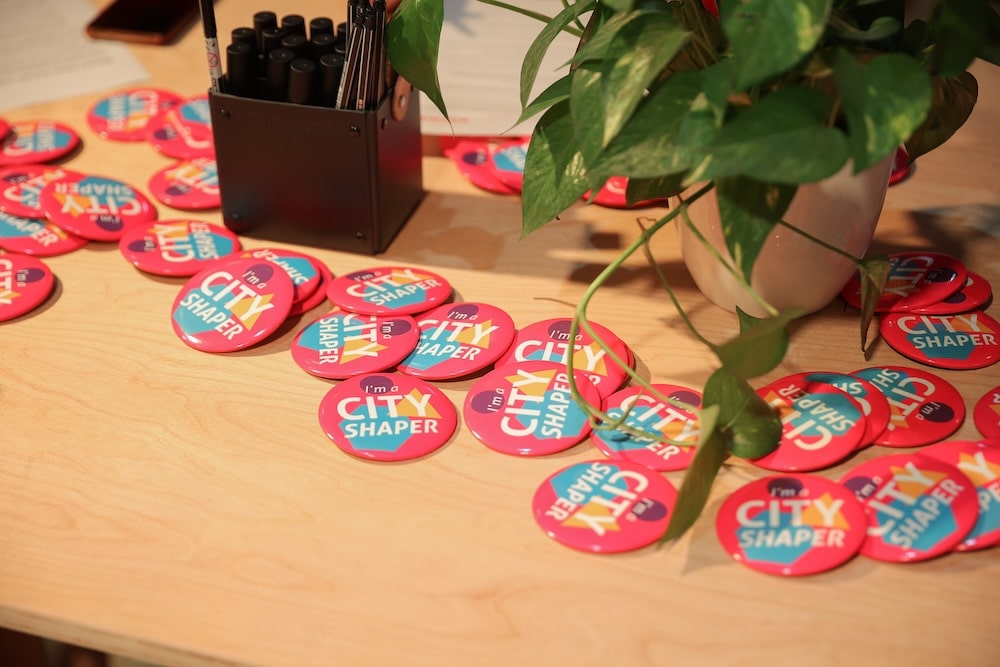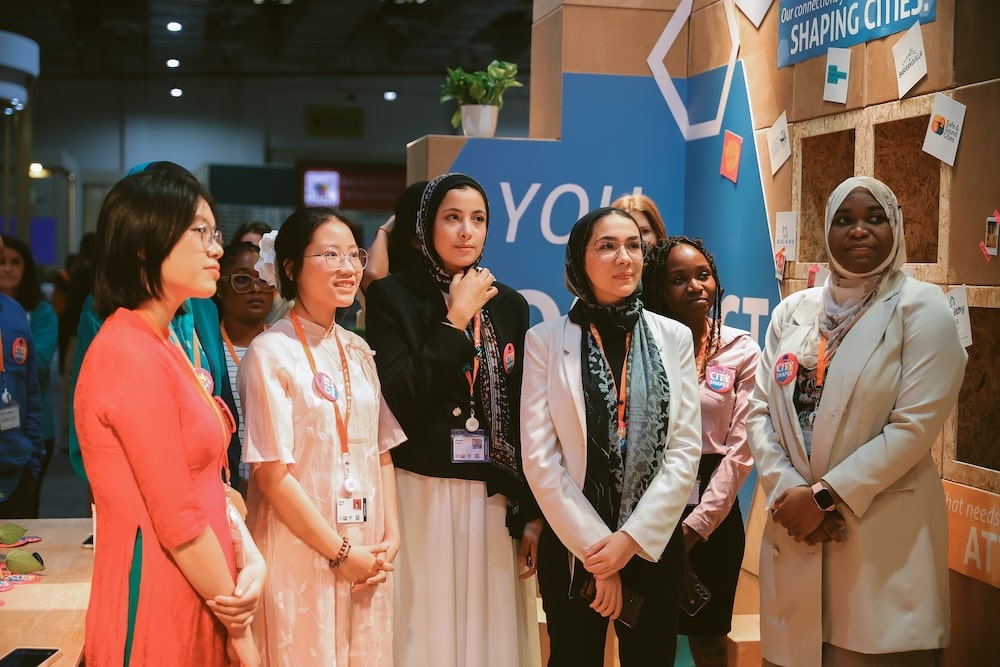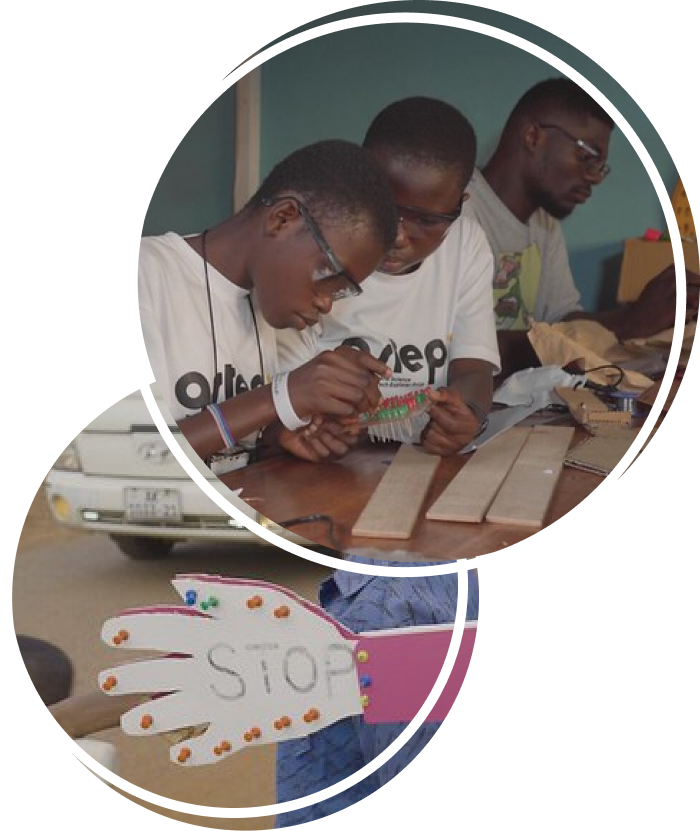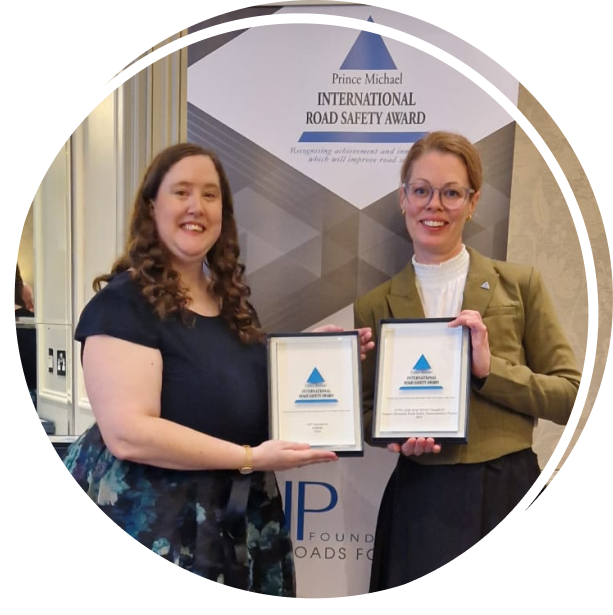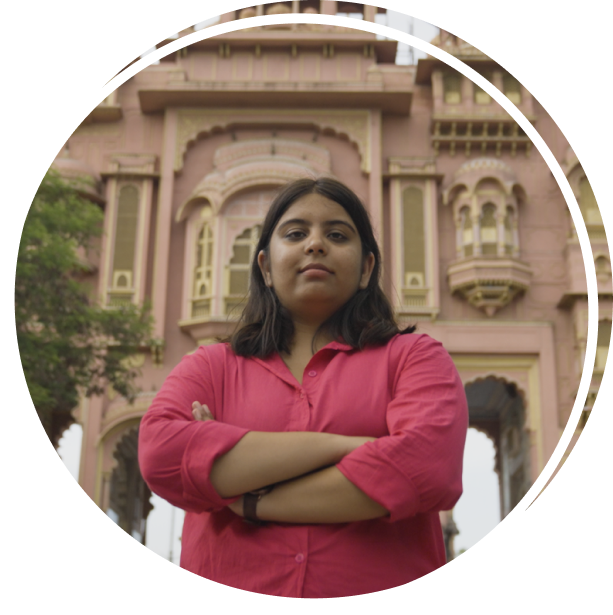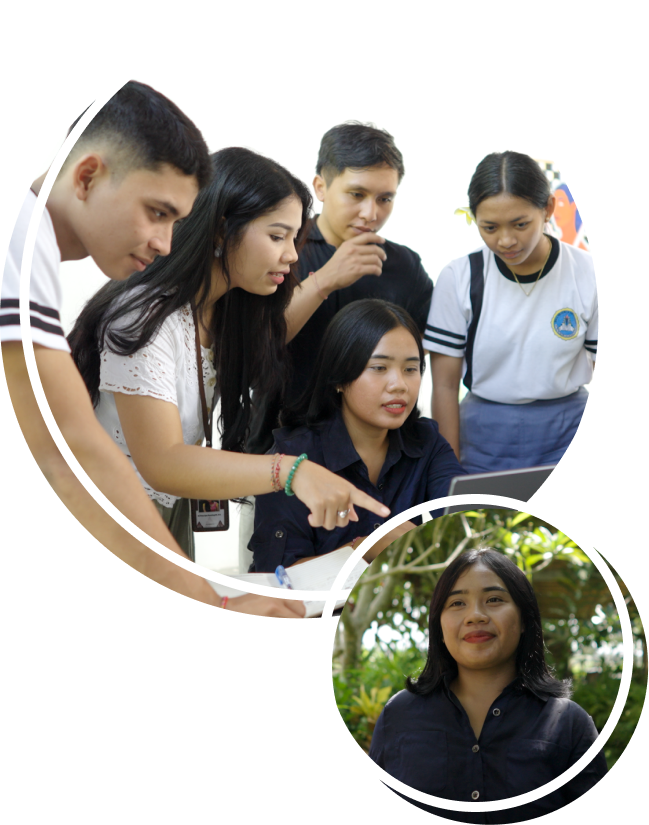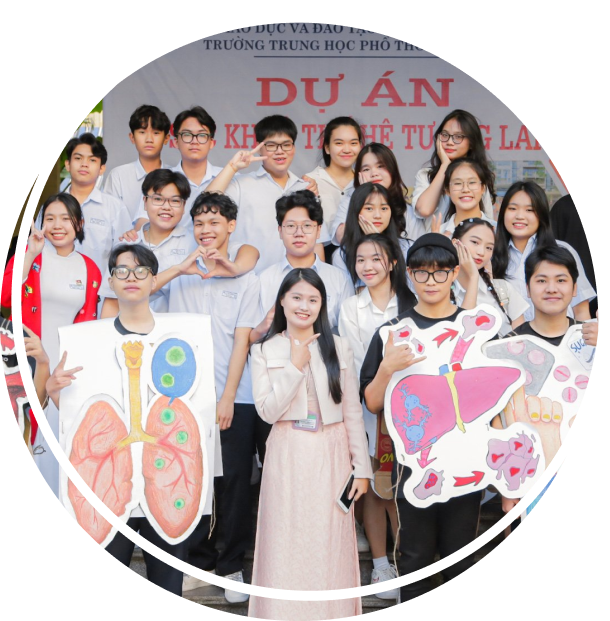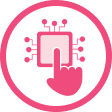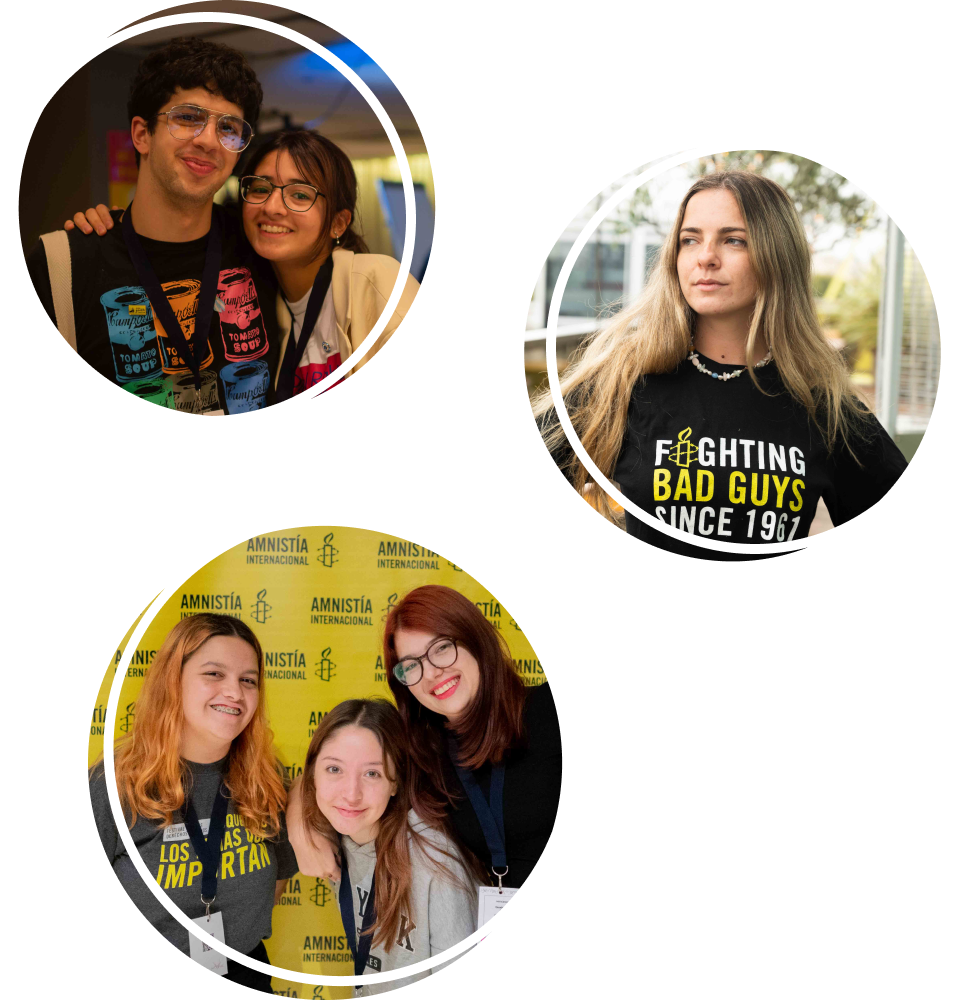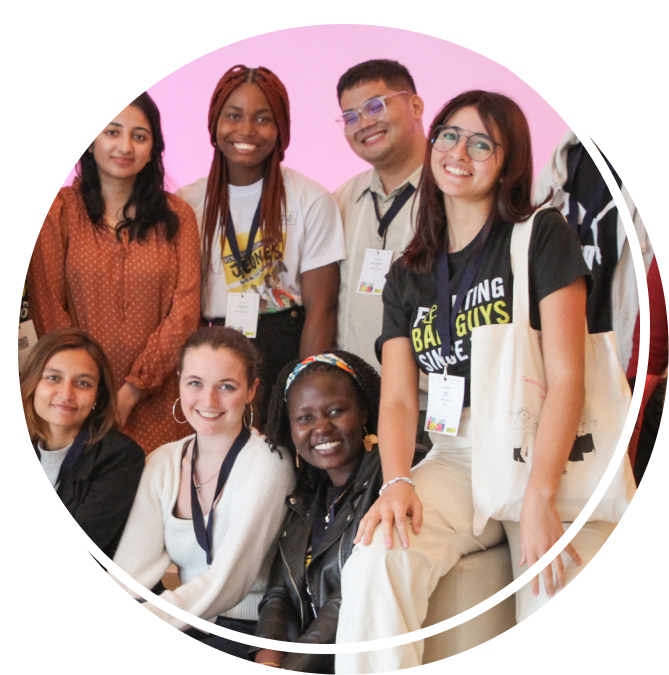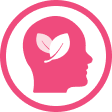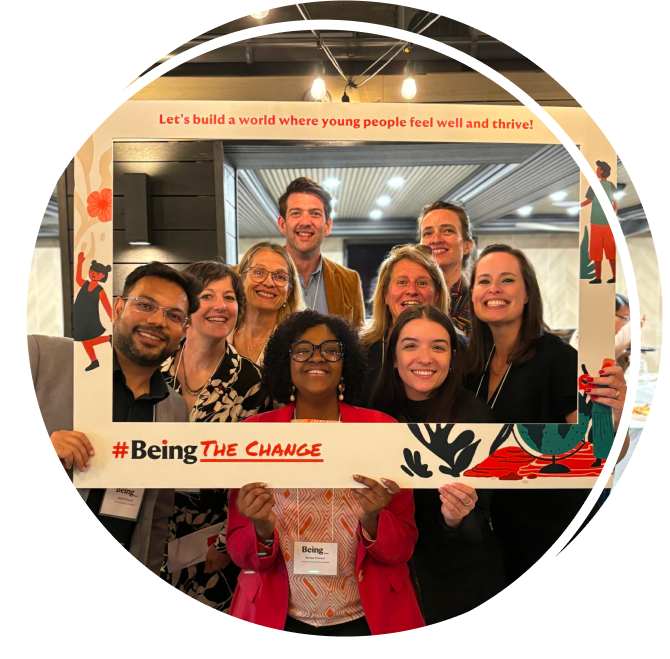We live in a time of rapid and unprecedented change driven by digital technology and cutting-edge innovation, but that technology isn’t always serving the interests of everyone — particularly children and young people. At Fondation Botnar, we want to change that.
Last year, we launched a call for proposals, asking for innovative projects leveraging digital technologies to accelerate positive impact for young people in low and middle income countries. Since then we have witnessed several waves of COVID-19 and the role of digital has only become more relevant and important. Digital Technologies have not only made it possible for us to stay connected during these difficult times but also provided opportunities to track and respond to the pandemic.
Today, we are pleased to announce 14 new projects that have been selected following a competitive sourcing, outreach, and selection process. I am particularly impressed by the innovative ways these projects will work to strengthen local youth voices, which is key to us at the foundation. We see young people as partners, – people who actively influence the environments they live in.
The selection process itself was one of the most unique and challenging ones we have experienced at Fondation Botnar due to the high calibre and number of proposals, all aiming to create a meaningful impact for young people worldwide. After a thorough multistage review, we shortlisted the most promising and innovative projects, and worked with the project teams alongside internal and external experts to strengthen the proposals to be even more impactful. It was a process full of learning and exchange — and it doesn’t stop here. Learning, evaluation, and importantly, adaptation will be at the heart of the project lifecycle. Last week we kicked off Fit for the future with an interactive workshop with the new grantees to catalyze a community for learning and exchange. It was spread over two inspiring days and was as much valued by us at Fondation Botnar as the partners themselves.
I’m excited to see how these projects will contribute to shaping a world with better opportunities for young people to participate and thrive in their communities and cities across the world — from methodologies and experiences working across different areas of youth participation, city development, to using innovative technologies to create long-lasting change. The projects involve a range of approaches from development of games and online tools to address mental wellbeing, gender-based violence and promote healthier eating habits to equipping young people with the technology and digital skills they need to develop the cities they live in. I hope to see strong evidence that shows how data and digital together, with the involvement of young people, can meaningfully impact their current and future wellbeing.
I look forward to celebrating the successes and learnings from all partners of Fit for the Future.
To explore the projects’ goals and locations, go and visit our interactive map.
